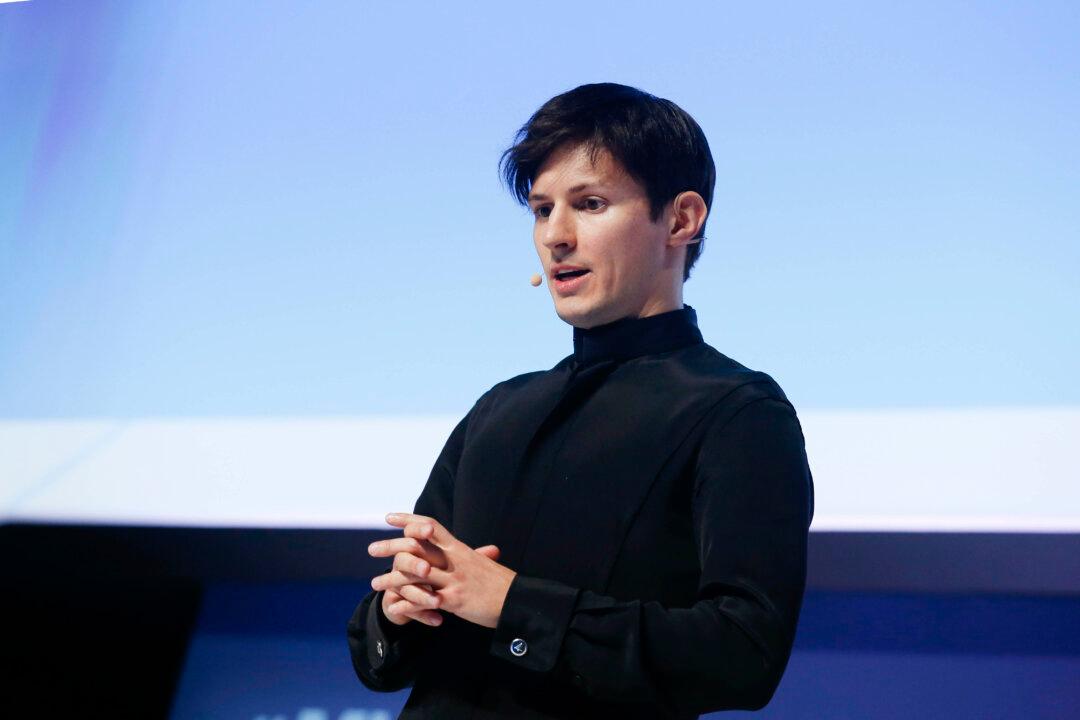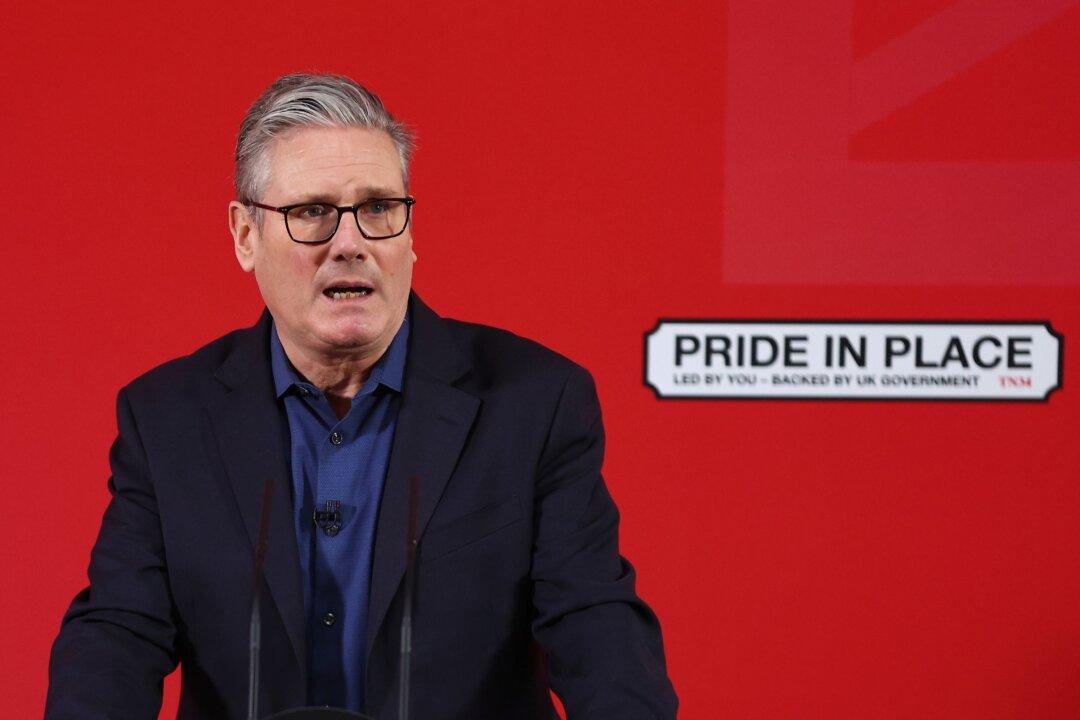French authorities on Aug. 28 issued preliminary charges against Telegram CEO Pavel Durov, accusing him of permitting alleged criminal activity on the messaging app.
The charging decision comes four days after French authorities detained Durov at the Paris–Le Bourget Airport, as he arrived on his private jet from Azerbaijan.





